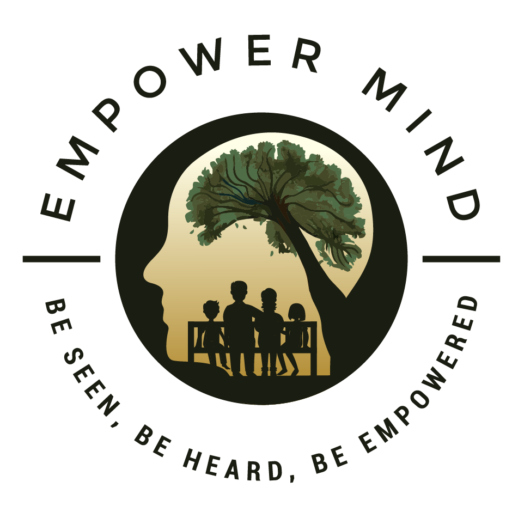
Mood disorder is an umbrella term that covers a litany of mental health conditions. These disorders reduce your ability to participate fully in your life.
It’s normal to experience occasional mood fluctuations. But if your moods seem overly erratic and are often inconsistent with what’s going on in your life, you may have a mood disorder. When your thoughts and feelings are severe and difficult to manage, it impacts your ability to deal with day-to-day activities.
Abnormal mood fluctuations may be accompanied by physical ailments or other mental health disorders. Online Psychiatrists offers professional psychiatric services to adults aged 19 to 65 in New York, New Jersey and Florida. They provide an accurate diagnosis and a complete treatment of mood disorders and other mental health problems.
Many different mental health problems fall under the umbrella of mood disorders. While their causes aren’t well understood, most researchers agree that your genetics, imbalances in your brain chemistry and environmental factors contribute to their development. Stressful life events and substance abuse are also associated with an increase in the risk of developing mood disorders.
Some of the most common examples of mood disorders include:
Your symptoms vary according to the type of mood disorder you have. Still, the symptoms of the most common mood disorders include:

A mental illness is a condition that affects a person’s thinking, feeling, behavior or mood. These conditions deeply impact day-to-day living and may also affect the ability to relate to others. If you have or think you might have a mental illness, the first thing you must know is that you are not alone.
Copyright © 2023 — All rights reserved by Empower Mind | Website Made By SalesEnzine.